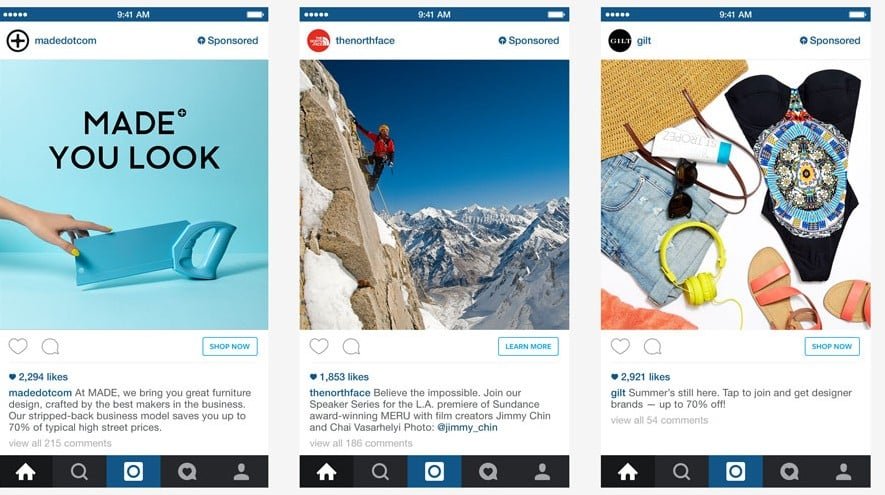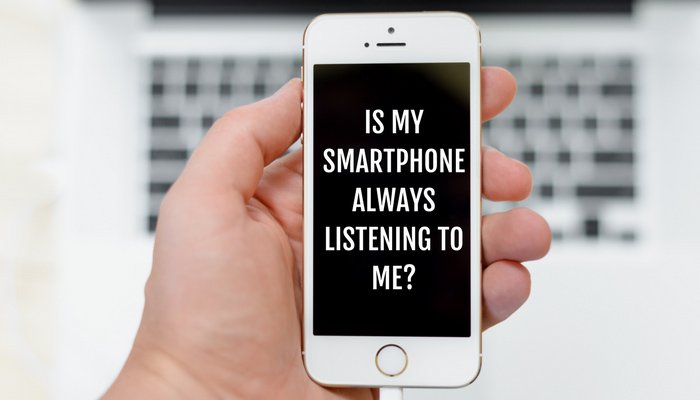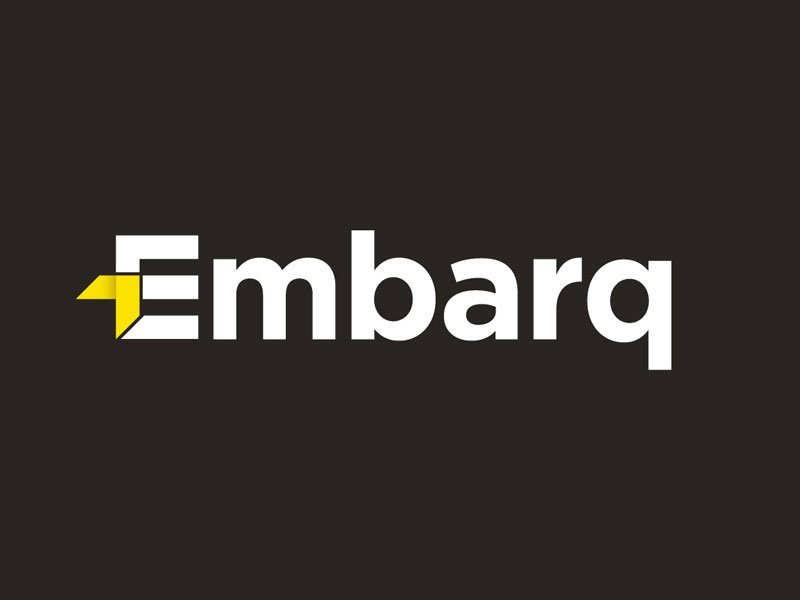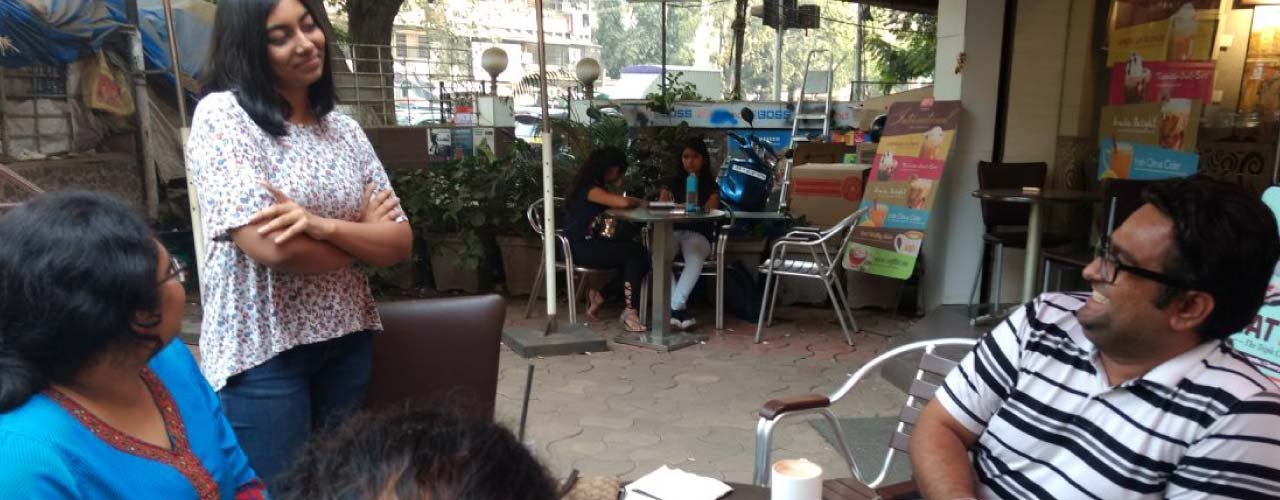
The Tap Bait
 September 17, 2019
September 17, 2019Let us address a phenomenon that has been around for a while and becoming more prominent in our lives. We may not realise that we are programmed into functioning along with a smart gadget that functions almost as an extension of ourselves.
Let’s look at the multiple day-to-day scenarios. Say, your favourite coffee mug breaks while in microwave, what do you do first? Today’s generation is most likely turning to Google to search the same mug online or looking for a smarter replacement. The other likely search could be “does a ceramic mug break in the microwave?” After this, you’re most likely to get suggestions of mugs, cups and tea pots for a week on Instagram, Facebook or Google ads on browsing websites.

Our phones, apps and favourite brands think for us. They help us make decisions. It may have happened that you are planning to go on a trip and your facebook or Instagram is flooded with trendy backpack, beach wear / winter wear suggestions or places to visit in that city. It’s another story for another day whether the apps are really eves-dropping. CEOs of all major apps have denied so but it’s the “dumb luck” that we all keep coming across extremely relevant advertisements.

Our lifestyle has changed drastically due to online shopping. People want to spend more time with themselves and with people that matter to them, be involved in path-breaking and self-discovery journeys. We enrol ourselves to fitness gymnasiums that depend on their app too, like the Cult that is a rage today. To enrol to the fitness club of Cult, you are assigned a profile on the Cult app that helps you pick your class, trainer, and session time and monitor your goals. If you’re on a home renovation mission you would know the kind of online suggestions that are bombarded on you. An interest on one product or site leads you to the other. The keywords and suggestions are programmed to think for you and sometimes ahead of you. We are becoming more receptive to the suggestions which makes it more accurate and well-targeted.
How online ads think: If you’re looking for a sofa, you’re most likely to look for cushions too. If you have bought a table, you might require a lamp with it.

A term we go by in marketing and branding, target audience, is now easily validated through actual clicks and buys. The online shopper’s history of orders, repeat purchases, comments, reviews and interests are easily captured as data that is unique to each target customer. When did we ever think that our TV would suggest “shows that you may like”. Although this phenomenon, however real and getting more intimate with us, may seem scary and there is a segment that is turning averse to it and revolting it, there is a sizeable population in the current generation that are rolling with this lifestyle. With trust on secure online payment gateways, more brands are able to capture the consumer’s attention. A consumer however may not retain all the information overload. We have our phones to remember our contact list, interesting articles bookmarked or in archive folders, products in our shopping carts lying there for future purchase.
Sponsered advertisements have always been a part of our lives in the media and communication. The only difference now is how accurate it is becoming to each individual and how much more time we are spending on these apps. We choose how much of our privacy we are giving up or we are okay giving up. Click bait is falling bait to false advertising. Currently we all are on our phones or tablets and more likely tapping and swiping, falling bait not to fake advertising instead to fake necessities..
Let us address a phenomenon that has been around for a while and becoming more prominent in our lives. We may not realise that we are programmed into functioning along with a smart gadget that functions almost as an extension of ourselves.
Let’s look at the multiple day-to-day scenarios. Say, your favourite coffee mug breaks while in microwave, what do you do first? Today’s generation is most likely turning to Google to search the same mug online or looking for a smarter replacement. The other likely search could be “does a ceramic mug break in the microwave?” After this, you’re most likely to get suggestions of mugs, cups and tea pots for a week on Instagram, Facebook or Google ads on browsing websites.

Our phones, apps and favourite brands think for us. They help us make decisions. It may have happened that you are planning to go on a trip and your facebook or Instagram is flooded with trendy backpack, beach wear / winter wear suggestions or places to visit in that city. It’s another story for another day whether the apps are really eves-dropping. CEOs of all major apps have denied so but it’s the “dumb luck” that we all keep coming across extremely relevant advertisements.

Our lifestyle has changed drastically due to online shopping. People want to spend more time with themselves and with people that matter to them, be involved in path-breaking and self-discovery journeys. We enrol ourselves to fitness gymnasiums that depend on their app too, like the Cult that is a rage today. To enrol to the fitness club of Cult, you are assigned a profile on the Cult app that helps you pick your class, trainer, and session time and monitor your goals.
If you’re on a home renovation mission you would know the kind of online suggestions that are bombarded on you. An interest on one product or site leads you to the other. The keywords and suggestions are programmed to think for you and sometimes ahead of you. We are becoming more receptive to the suggestions which makes it more accurate and well-targeted.
How online ads think: If you’re looking for a sofa, you’re most likely to look for cushions too. If you have bought a table, you might require a lamp with it.

A term we go by in marketing and branding, target audience, is now easily validated through actual clicks and buys. The online shopper’s history of orders, repeat purchases, comments, reviews and interests are easily captured as data that is unique to each target customer. When did we ever think that our TV would suggest “shows that you may like”. Although this phenomenon, however real and getting more intimate with us, may seem scary and there is a segment that is turning averse to it and revolting it, there is a sizeable population in the current generation that are rolling with this lifestyle. With trust on secure online payment gateways, more brands are able to capture the consumer’s attention. A consumer however may not retain all the information overload. We have our phones to remember our contact list, interesting articles bookmarked or in archive folders, products in our shopping carts lying there for future purchase.
Sponsered advertisements have always been a part of our lives in the media and communication. The only difference now is how accurate it is becoming to each individual and how much more time we are spending on these apps. We choose how much of our privacy we are giving up or we are okay giving up. Click bait is falling bait to false advertising. Currently we all are on our phones or tablets and more likely tapping and swiping, falling bait not to fake advertising instead to fake necessities..































